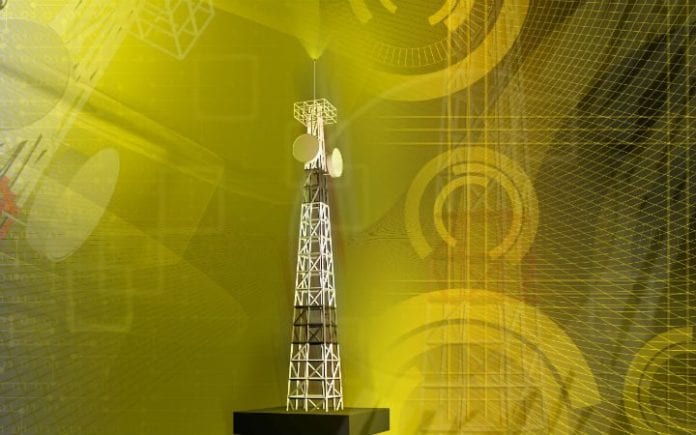FCC spectrum auction receives speed boost, although weather forces delay
The Federal Communications Commission’s Auction 97 made it to another week, although activity was postponed in the spectrum auction due to inclement weather.
The FCC announced this morning that today’s bidding activity would begin at 1:30 p.m. Eastern Time due to bad weather in the Washington, D.C., area. Bidding has traditionally begun at 10 a.m. ET each day.
Late last week, the FCC again attempted to speed up the auction process by increasing the number of bidding rounds per day. The move was initiated before bidding on Friday and involved increasing the number of rounds per day from 10 rounds to 14 rounds, and cutting the time in each round from 15 minutes to just 10 minutes. The increase did result in a sharp rise in the number of bids in the first, shortened round of activity, before action settled back down.
Overall, bidding activity remains consistent, if not limited, with an average of 37 new bids through the latest 14 rounds. That activity has consistently provided between $1 million and $5 million in new potential winning bids to the auction’s bottom line, pushing its total record haul to $44.67 billion after 191 rounds of activity. Past auctions have gone at least 161 rounds (Auction 66, AWS-1), while Auction 73 (700 MHz) went to 261 rounds.
As has been the case with recent rounds, most of Auction 97’s latest activity has centered on second- and third-tier markets, though some have received two or three new bids per round suggesting multiple bidders are still actively looking to boost their spectrum portfolios. The G-Block license centered on San Miguel, Colo., remains the only license of the 1,614 up for bid that does not have a potential winning bid.
The auction’s biggest sticker remains affixed to the J-Block license centered on New York City, with one lucky bidder having committed more than $2.7 billion for that license. The J-Block license centered on Los Angeles is No. 2 with a nearly $2.1 billion bid, followed by the I-Block license centered on New York City at $1.3 billion. Most of the auction’s most expensive licenses have not received new bids for more than 60 rounds.
Stephen Wilkus, CTO at Spectrum Financial Partners, put together a video presentation on bidding activity.
The licenses up for bid are spread across the 1.7/2.1 GHz spectrum bands known as AWS-3. The licenses include three 5×5 megahertz licenses (G-, H- and I-Blocks) and a single 10×10 megahertz license (J-Block). The G-Block licenses are carved into commercial market area-sized licenses, which total 734 licenses covering the country. The remaining blocks are economic area-sized that will total 176 licenses covering the country. The 15 megahertz of unpaired spectrum is split into two licenses, one with 5 megahertz of total spectrum parsed out on an EA basis, and the other with 10 megahertz of spectrum also in an EA configuration.
While predicting the end of this auction remains an elusive pastime, observers are now beginning to wonder what impact the auction’s financial tally could have on participating companies. Obviously, participants have realized the value of wireless spectrum in this day and age of increased consumer demand for mobile broadband services. However, the costs associated with stocking up on spectrum could impact funds used to actually enhance network services. Most operators are comfortably into or nearly finished with their networkwide rollout of basic LTE services, which provide a solid foundation for IP-based mobile broadband services. However, with the industry now looking ahead to so-called “5G” technologies, there could be a dearth of finances left in the near term to throw out a new technology when value is still to be extracted from what has already been deployed.
There has been some commentary on the impact Europe’s 3G auctions had on the slow rollout of 3G services across that continent. And, with Auction 97 activity now surpassing total bids witnessed across some European countries, anxiety over what impact that spending could have is likely to increase.
Auction 97 is set to conclude when there are no bids in a single round. License winners won’t be known until after the auction concludes. Participants in Auction 97 include Verizon Wireless, AT&T Mobility, T-Mobile US and Dish Network.
Bored? Why not follow me on Twitter?

